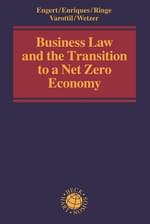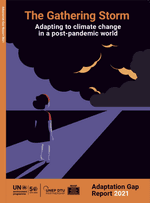Turning COP’s promises into progress and the rise of climate regulation
COP28’s outcome is meaningful. For the first time in three decades (since the UN Framework Convention on Climate Change was founded, and the year I was born) oil and gas has been included in an agreed text. The final text includes a pile of compromises that may cause issues down the road, but this moment still represents an historic signal about ‘the beginning of the end of the fossil fuel era’.





